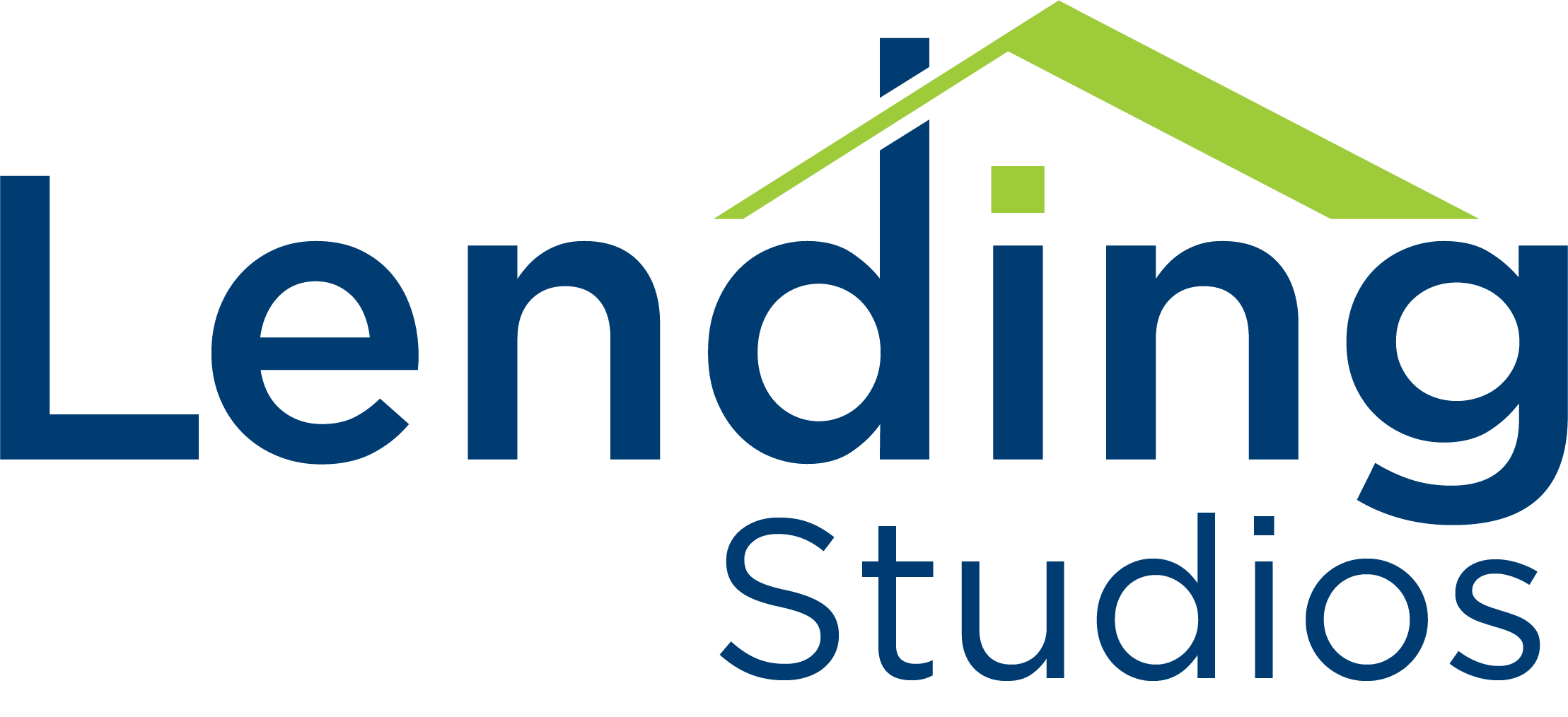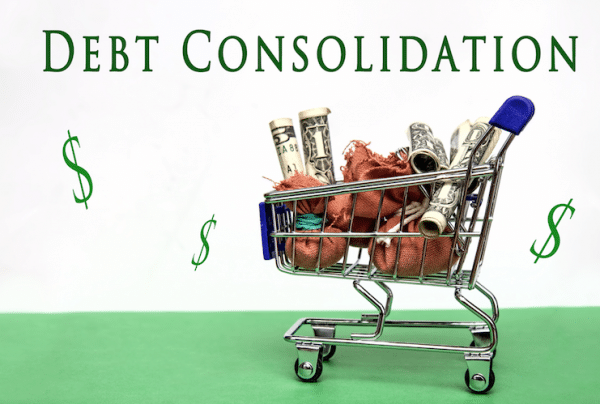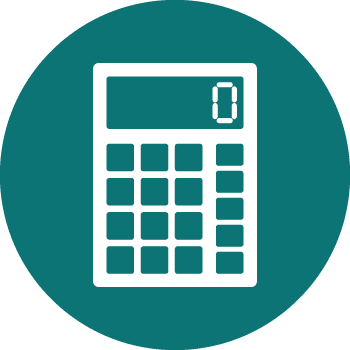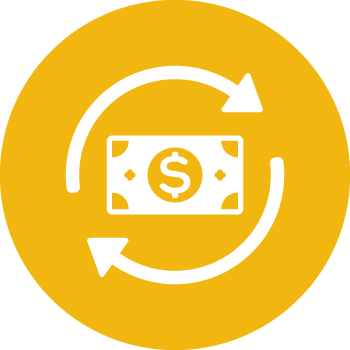Consolidation Loans
What is a Consolidation Loan?
A consolidation loan is just what it sounds like; a combining of multiple loans into one. It came about as a result of the ever-growing consumer and household debt in our country. Consumer debt–debts that are owed as a result of purchasing goods that are “consumable” and do not appreciate–is interwoven with household debt and branches off to debt categories like: credit cards, mortgages, auto loans, student loans and payday loans.
Consolidation loans exist to help consumers get multiple debts under control. While qualifying for a loan to consolidate large and varied debts can be challenging, it will be worth the effort when all of your debt is in one loan, with one payment, and a lower interest rate. And remember, consolidation loans are usually unsecured, so they don’t require collateral in order for a borrower to qualify.
Investopedia explains, “Consumer loans originate from banks credit unions, and the federal government in the form of credit cards (revolving, to be paid off monthly) or fixed-payment loans (non-revolving, usually held for the life of the underlying asset).”
Credit card debt, the most common form of consumer debt, is on the rise in the US, with the average American household carrying a balance of $5,700, according to a new report by ValuePenguin, reported by Business Insider.
If you are reading this, more than likely, you have some debt you are trying to get under control as well.You’re not alone.
Signs You Are in Need of a Consolidation Loan
Financial experts agree that consolidation loans aren’t for everyone. You have to have the discipline to not accept offers for new credit once you have consolidated and dig yourself and even deeper hole. That being said, there are certain factors that may indicate you could benefit from one:
- You often have a hard time making monthly payments on time.
- You are unable to pay balances down quickly; the majority of your payments go towards interest, not principal. (You tend to pay the minimum monthly payment.)
- You feel burdened and overwhelmed by debt and can’t see how to rectify your situation.
- Your debt doesn’t exceed 50% of your income. (If your debt exceeds 50% of your income, debt consolidation alone may not be enough to help eliminate your total debt.)
- Your FICO score is high enough to qualify you for a reasonable interest rate on a consolidation loan.
The first step is identifying that you need help managing your current debt situation. The second step is committing to a new process, a new way of thinking to get you to your goal of debt freedom. Learning to budget is typically not an easy skill to adopt, but it is a necessary life skill for financial success.
Common Methods for Consolidating Debt
When it comes to avenues for consolidation loans, the most commonly used pathways are a credit card balance transfer (with zero percent interest or significantly lower interest rates), a home equity loan or a debt consolidation loan.
Consolidating debt has the potential to save you significant money if you are able to: 1) get a lower interest rate on your debt; and 2) commit to a repayment schedule without taking on additional debt.
Simplifying the amount of payments you make per month can help you put right steps in motion for a complete debt-payoff. Consolidating your debt with a personal loan offers users a fixed rate so you can know exactly how much you owe each month and when your loan will be paid off. (Credit cards can have variable interest rates. Personal loan rates are fixed for the life of your loan.)
Debts You Can’t Consolidate
Unfortunately, there are some debts that you can’t consolidate. While it varies from lender to lender, debts like mortgages, car loans, and student loans might not be able to be consolidated with a personal loan.
According to a report from Debt.org, more than 189 million Americans have credit cards. The average credit card holder has at least four cards. On average, each household with a credit card carries $8,398 in credit card debt. Total U.S. consumer debt is at $13.86 trillion.
Free Mortgage Calculator
Learn what your approximate payment will be if you refinances.
Credit Score Resources
Need to improve your credit? Learn the steps.
Credit Score FAQs
Get answers to the most commonly asked credit score questions.





